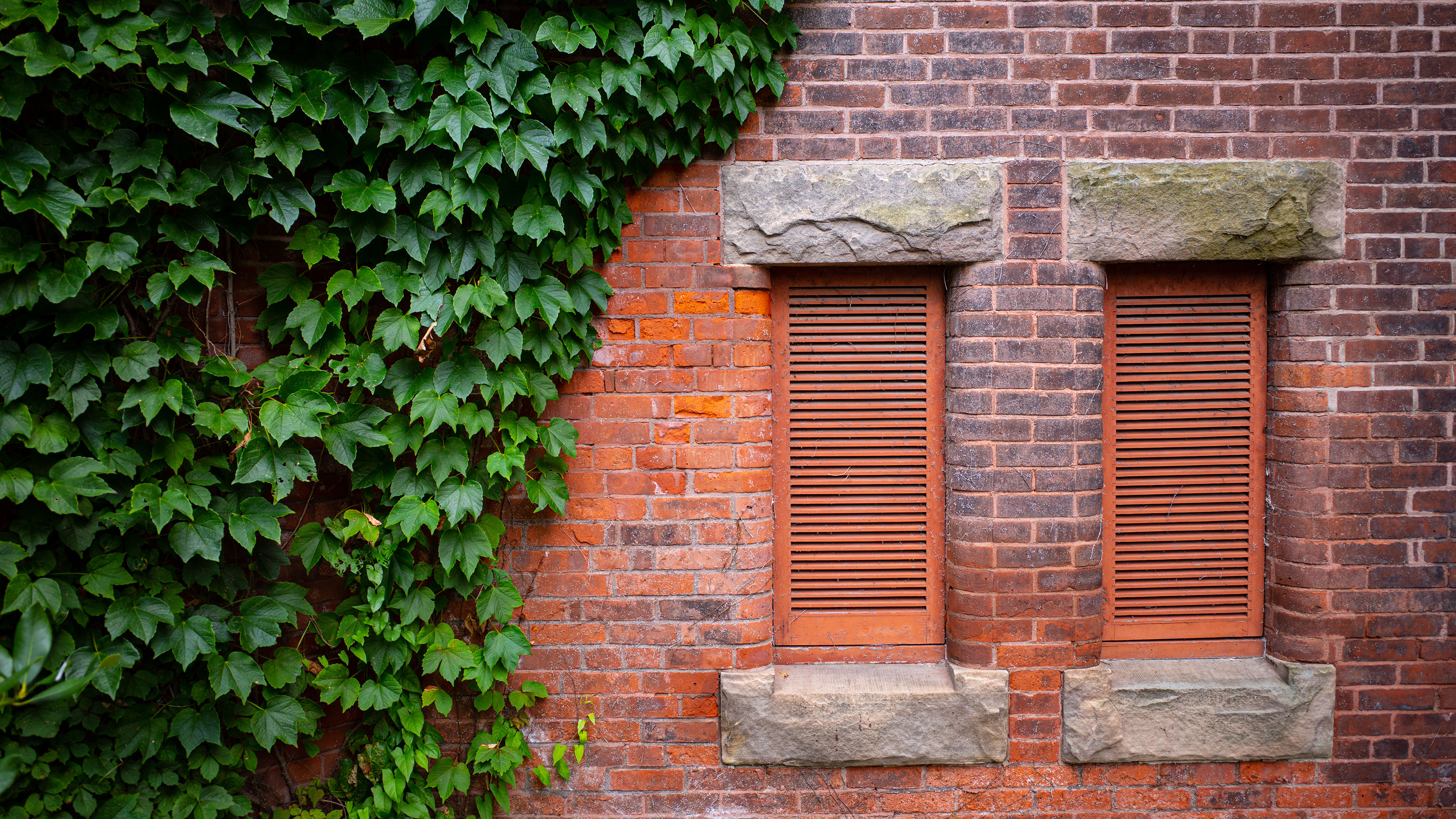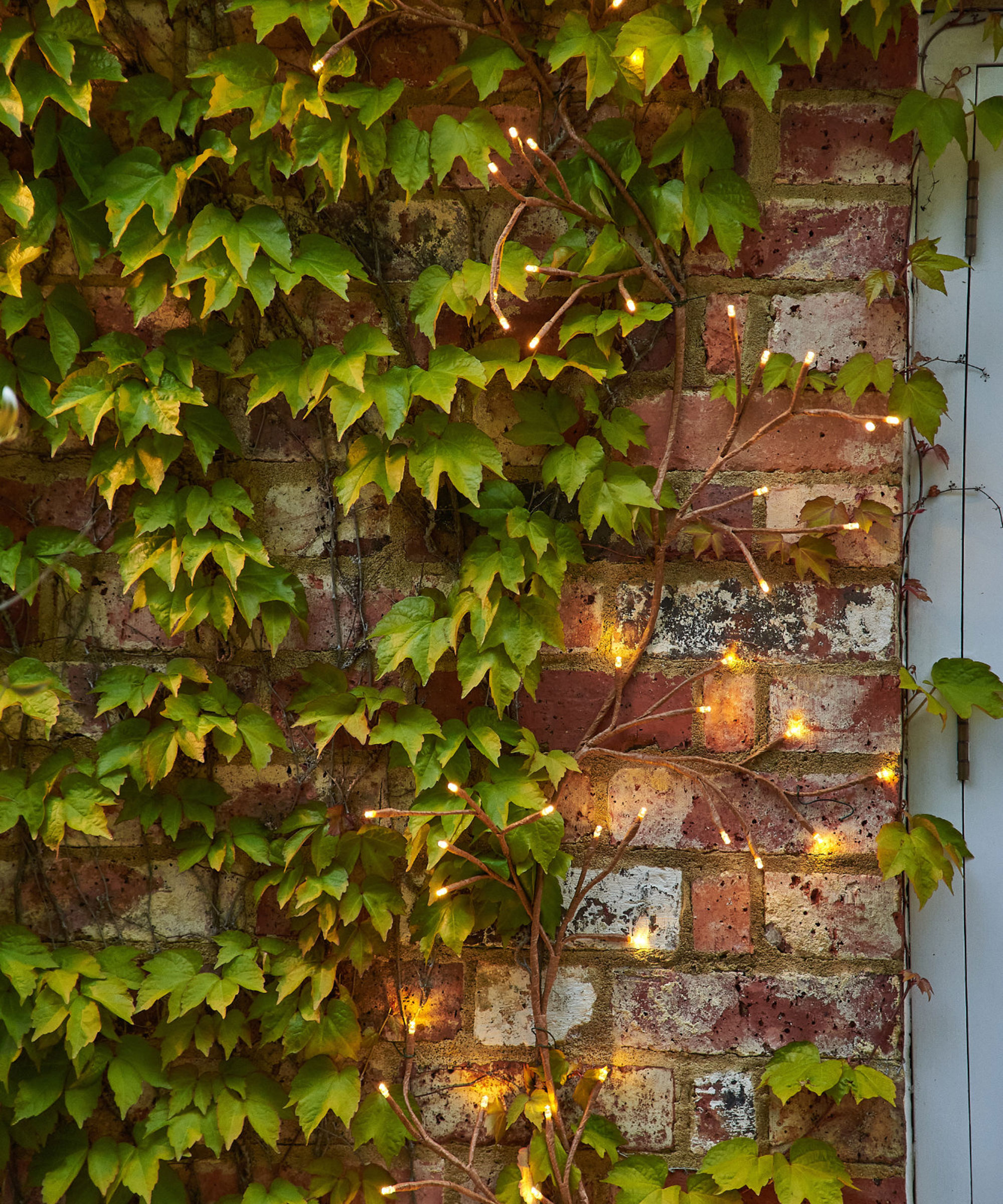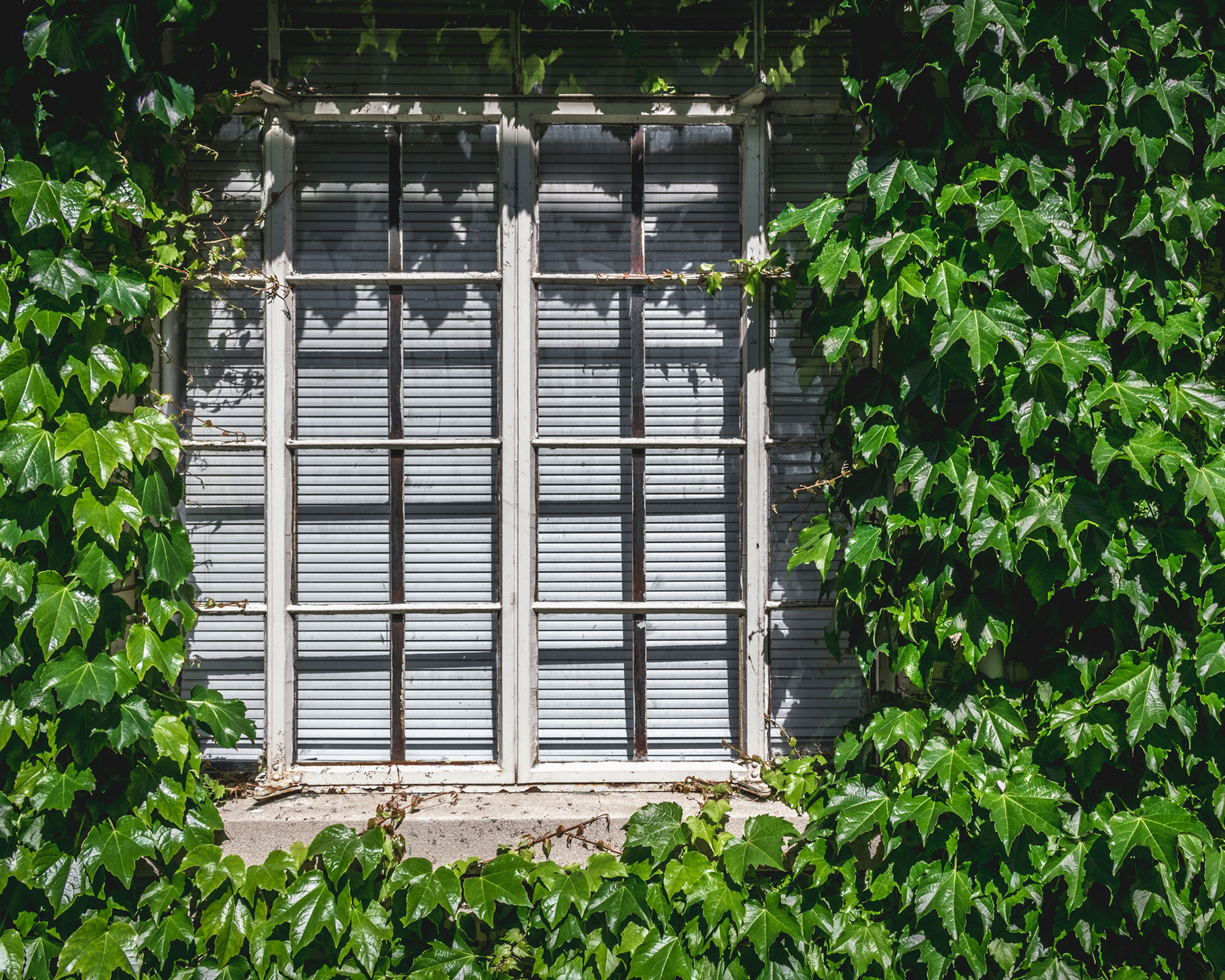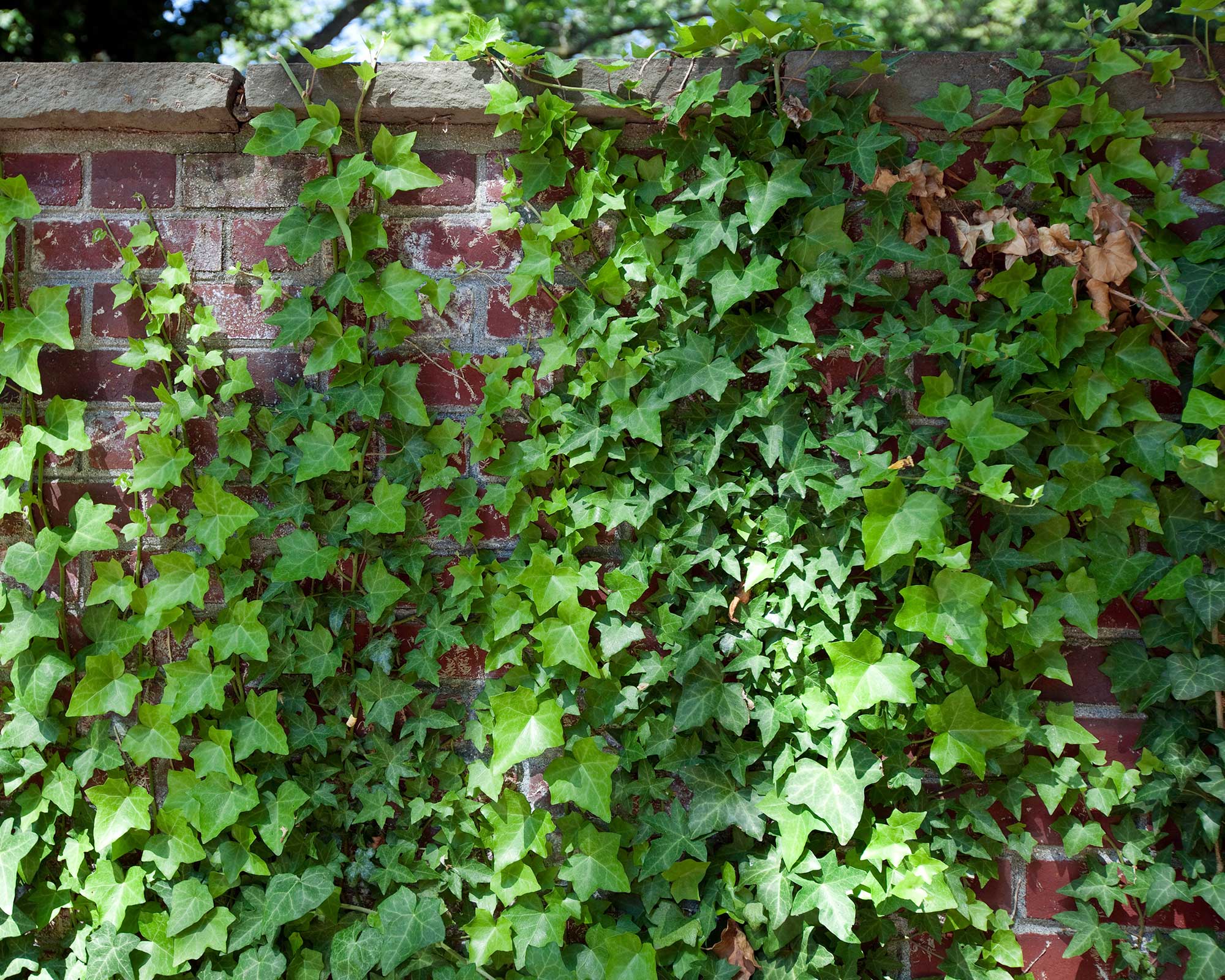Experts reveal an organic hack to get rid of ivy threatening to blight your home
Everyone loves an ivy-covered cottage, except for when the tendrils of this plant take over, but good old-fashioned cider vinegar could come to the rescue


Ivy is often a gardener’s friend, shimmying over fences and hiding ugly features such as next-door’s garage or shed, but what if it gets too invasive, clinging onto the brickwork of your home and even causing structural damage?
One garden expert says simple cider vinegar will see it off and can be effective at stopping what can be an invasive plant in its tracks.
'I have tried a handful of DIY solutions for getting rid of ivy, but the solution that’s worked best is a combination of apple cider vinegar, dish soap, and salt used in a spray,' says Jeremy Yamaguchi, CEO of Lawn Love.

Why cider vinegar works for getting rid of ivy
Florida-based botanist and blogger Jennifer Green at Positive Bloom agrees about this organic hack.
'Although any type of vinegar might work, I always use cider vinegar (a gallon) and mix it with dish soap (1 oz.) and salt (1 tbsp),' she says. 'I pour the solution into a spray bottle and spray it over the ivy.
'The vinegar's acetic acid and the salt's ability to draw out moisture will destroy the ivy, especially when combined with dish soap.'

How long does it take to work?
It usually takes about two weeks for the vinegar to kill ivy, says Pol Bishop, gardening and landscape expert at home-care company Fantastic Services.
'If, in about a week's time, you see no changes on the plant, we would suggest spraying the ivy vines several times. It is way quicker to use chemicals, however, if you would want to opt in for a more eco-friendly way to get rid of ivy, this is the best way.'

Why ivy can be problematic
Fast-growing varieties of English ivy, a hardy and vigorous climber, can be the ideal plant for covering walls and can look very pretty around a window too. But the tendrils will invade brickwork, take hold and start to push out the mortar that keeps the bricks together.
This is especially a problem for older properties, where mortar will have dried out over the years and may already be compromised and crumbling.
When handling ivy, always take precautions as it can be an irritant to skin and eyes and cause a severe allergic reaction. Wear gardening gloves, an eye shield and long sleeves and trousers.

Jayne Dowle is an award-winning gardening, homes and property writer who writes for publications including Sunday Times Home, Times Bricks & Mortar, Grand Designs, House Beautiful and The Spectator. She was awarded the Garden Journalist of the Year accolade at the Property Press Awards in 2021.
